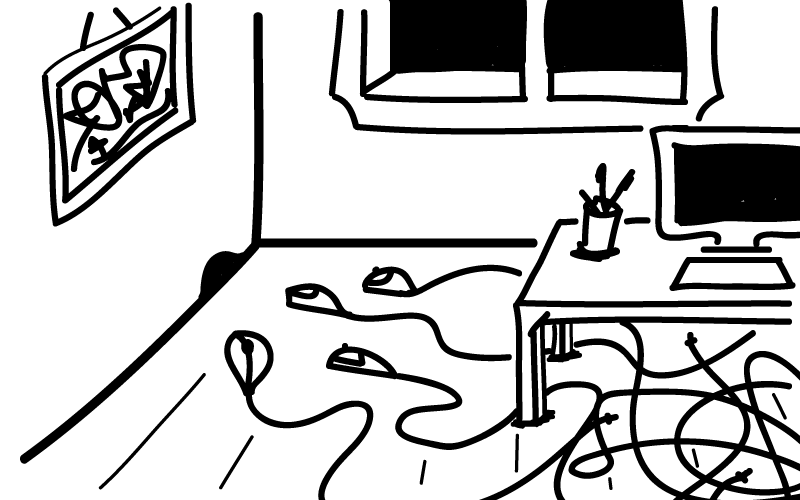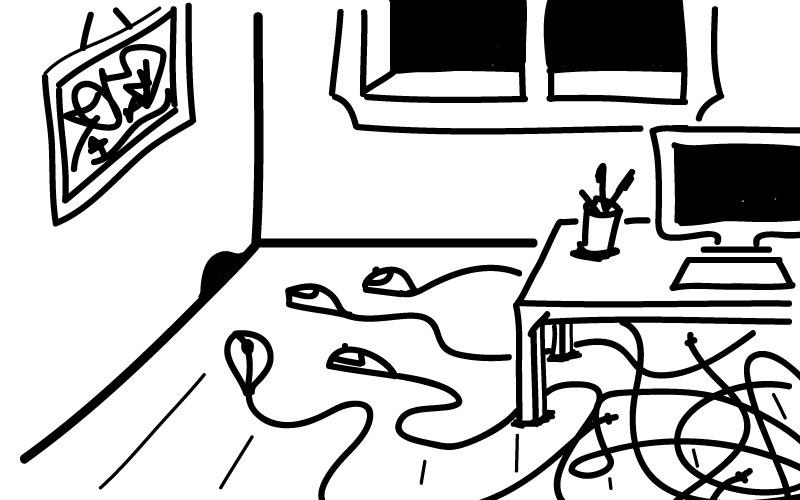Basically
This week, we watched as Norway switched off its FM airwaves for good. We blessed Bernie Madoff and his hot chocolates. We hailed Meryl, who spoke from the heart. We cheered Detroit with its 65,000 new streetlights. And we huddled round our sweet POTUS one last sweet time.
Beyoncé almost never speaks publicly. We know her in music. And while her convictions resonate perfectly from under bright lights, we’ve really never known another side. For INTERVIEW, Beyoncé interviews Solange in a way only a true sister could: gently.
“It was very intentional that I sang as a woman who was very in control, a woman who could have this conversation without yelling and screaming, because I still often feel that when black women try to have these conversations, we are not portrayed as in control, emotionally intact women, capable of having the hard conversations without losing that control.”

Not all startup stories are sexy. For Backchannel, Jessi Hempel chronicles the mundane never-quite-rise and never-quite-fall of BitTorrent, a company whose technology changed everything except their bottom line. "Perhaps the lesson here is that sometimes technologies are not products. And they’re not companies. They’re just damn good technologies."
Paul Mason theorizes for The Guardian about the breakup and nationalisation of the social media giants and almost-giants. If we take a long look at the struggling platforms – Soundcloud, Ello, Medium, Tumblr – he says we’ll see a model of what social media could have been. "It will feel a bit like time travel – back to the period around 2010-12, when social media was associated with postmodernity, self-produced music and revolt, not fake news, white supremacy and rule by old men. But usage alone will not save the collaborative tools. We need new, cooperative ownership models."
In a preview of his talk for the Interaction 17 conference, Thomas Wendt argues that empathy is a faux ethics of human-centred design. Empathy emphasizes the individual over the collective, but designers should appreciate human-centric concerns as broader ecological systems. Designers have a responsibility to maintain this critical perspective because even when most design work is commercial, all design is political.
The shuffling of brilliant minds off this mortal coil sadly continues unabated in early 2017. Mark Fisher was one of the greatest thinkers we’ve had in recent years in that particular hybrid space of music and left politics – the heir to the likes of Greil Marcus and the like, those who knew the key to understanding punk was held by the radical Frenchies, and the key to understanding the world might be held by the punks. If you’ve never come across his work, you’re in for a treat: Start by exploring his marvellous k-punk blog, perhaps via this elegy for Michael Jackson before he forgot that he was a dancer, and then go deep on the mirage of modern capitalism or the politics of depression and mental health.
“Encountering an octopus in the wild,” writes Callum Roberts in a review of Peter Godfrey-Smith’s Other Minds, “is as close as we will get to meeting an intelligent alien.” Plus with three hearts and skin like a “pixelated video screen,” they’re just so damn cool.
Oh yeah, and swearing people are better people.
☝️ Blare this shog. ☝️





